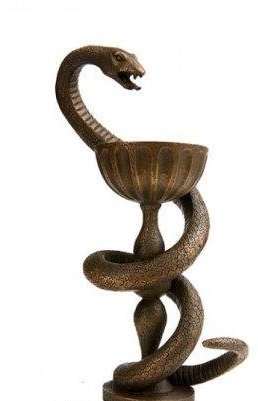Many people understand that getting a diagnosis of Alzheimer’s disease and treatment with an FDA-approved prescription medication may help slow the progression of the disease’s symptoms. But did you know that caregivers can complement treatment with activities that may help reconnect their loved ones to daily life?
“In addition to obtaining a diagnosis and beginning medication, it’s important that caregivers plan activities to share with their loved one, like playing games and going on outings,” explained Eric Pfeiffer, M.D., Professor of Psychiatry and Founding Director of the Suncoast Gerontology Center at the University of South Florida Medical Center. “Even doing simple tasks like baking cookies or feeding pets can help to give a patient with Alzheimer’s a sense of self-esteem or self-worth.”
Engaging a person with Alzheimer’s in activities that they enjoy may reduce many of the symptoms of the disease, such as agitation, frustration and wandering, according to the Fischer Center for Alzheimer’s Research Foundation. These therapeutic activities can include:
– Playing music of the person’s choosing
– One-on-one interaction
– Playing videotapes of family members
– Walking and light exercise
– Pet therapy
“When I noticed that my wife, Dorothee, was showing symptoms of Alzheimer’s, I took her to the doctor,” said caregiver, Dick Lundgren. Dorothee was diagnosed with Alzheimer’s disease and began treatment with Namenda (memantine HCl). Namenda is the only medication approved for the moderate and severe stages of the disease. In addition to the benefits they’ve seen from Namenda, Dick finds that taking Dorothee for daily walks in their neighborhood makes an important difference in her quality of life. “Not only do the walks get her outside in the fresh air, they allow her to get moving, to get some exercise,” said Dick.
Dick also knows firsthand that activities shared by both the patient and caregiver can benefit the caregiver as well. “The walks have given us a chance to spend quality time together, and make me feel like I’m really making a difference in her life.”
“Above and beyond the benefit to the patient,” added Dr. Pfeiffer, “sharing in activities can help caregivers feel more connected to their loved ones.”
Namenda is the only medication approved for the moderate to severe stages of Alzheimer’s disease and is available by prescription in the U.S. For more information, ask your doctor about Namenda or go to www.Namenda.com. Individual results may vary by patient.
Patients who are hypersensitive to memantine HCl or any ingredients used in its formulation should not take Namenda. The most common adverse events reported with Namenda vs. placebo were dizziness, confusion, headache, and constipation. Patients with severe kidney disease should take a reduced dosage of Namenda.
Caregiver Dick Lundgren and his wife, Dorothee, enjoy spending quality time together.

